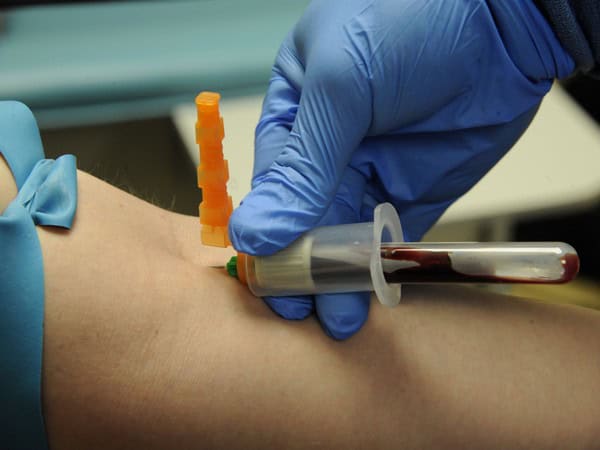New Delhi: Women in 40s undergo subtle changes that need to be addressed before they become problems.
Here are some of the most common health shifts that women experience:
• Metabolism: Slowing by 2% per decade
• Muscle: Down by 6 to 7 pounds from 10 years ago
• Bone: Dropping by about 1% a year since your mid-30s
• Hormone changes: Declining because of high stress levels and hormonal cycles
• Stress: Especially high because of worries about kids, parents, health, career, and finances
• Depression: More likely now than later in life
“Being proactive towards your health can prevent several problems. Go for regular health checkups, stay healthier, sharper, more energetic, and more fulfilled for years to come. There are a bunch of tests that can prevent and detect many diseases early,” suggests Dr. Ravi Gaur, COO, Oncquest Lab.
A list of suggested routine medical screening tests for women over the threshold of 40 years are:
– Pelvic Examination and Pap Smear: After reaching the age of 40, it is always advisable to go for a complete pelvic examination, Pap smear and Tests for HPV. Cervical cancer is a leading cause of death amongs tmost women in India. Recently, a cervical cancer vaccine has also been introduced.
– Complete Breast Examination, Mammogram: Breast cancer is one of the leading causes of deaths in India. As the risk of breast cancer increases with age, every ageing woman should get mammogram/ultrasonography done and follow it with recommended guidelines. The clinical examination of breasts by a qualified physician to detect early lump etc is mandatory to detect abnormalities. BRCA mutation testing for breast and ovarian cancer susceptibility is advisable, especially if there is any family history of cancers.
– Bone Mineral Density Test: It may not be fair, but it’s true: If you’re a woman, you’re automatically at greater risk for osteoporosis than men. This happens due to declining levels of hormone estrogen which plays a protective role on bones in women. Osteoporosis is a degenerative condition of the bones, where vital minerals like calcium trickle from the bones, making them weak and brittle. The International Osteoporosis Foundation estimates that osteoporosis affects about 200 million women worldwide. Women start with lower bone density than their male peers and they lose bone mass more quickly as they age, which leads to osteoporosis in some women. Between the ages of 20 and 80, the average white woman loses one-third of her hip bone density, compared to a bone density loss of only one-fourth in men.
– Vitamin D, Serum calcium, Parathyroid and other hormone tests should also be done for adequate understanding of bone metabolism and body functions.
– Thyroid Test: Weight gain, hair loss, brittle nails and exhaustion etc are few of the common complaints of women post 40 years of age. A common reason for this is an under active thyroid or Hypothyroidism. This gland secretes hormones T3, T4 and TSH, which is responsible for controlling the metabolism of the body. Any alterations can produce serious changes in the body. Women are more prone to this due to the major hormonal changes we experience during pregnancy, delivery, lactation, and menopause. Women should get this test done once in 3 years after the age of 40.
– Ovarian Cancer: Ovarian cancer is mostly common among women post- menopause. These cancers arise due to changes in DNA cells that lead to the development of cancer. To prevent the risk of ovarian cancer, it is best to undergo a check up before one reaches the menopause age. Routine ultrasound, tumour markers like CA1.25, CEA etc can easily detect early onset of disease.
– Diabetes, Obesity, and hypertension screening: A blood sugar test, Hb A1C and lipid profile should be done to diagnose diabetes, pre diabetes and allied conditions. (ANI)

